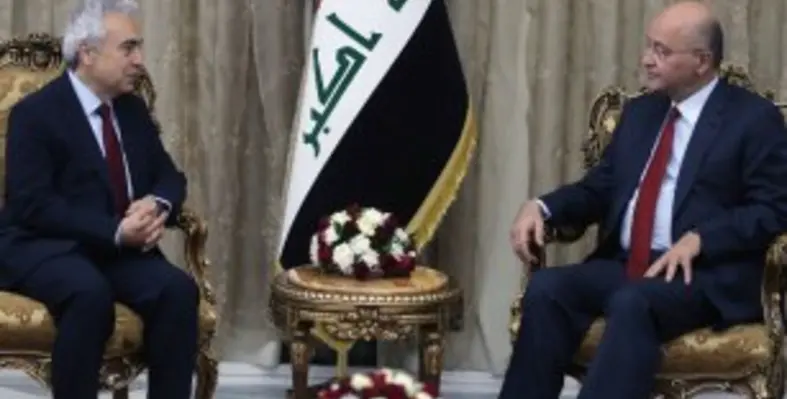Iraq?s electricity demand is set to double by 2030, and its shortfall in electricity supply will widen as the country?s population grows by more than one million people each year, according to an International Energy Agency (IEA) report
The report ?Iraq?s Energy Sector: A Roadmap to a Brighter Future? provides a practical roadmap to address Iraq?s current electricity shortages and future energy needs.
To meet short-term power demands, the agency suggested Iraq should perform required maintenance, enforce tariff regulations on neighbourhood generators, and carry out efficiency upgrades for power plants.
Also, the report provides a medium-term strategy that makes the best use of abundant oil and natural gas resources and solar potential of the country.
IEA further stated that cutting network losses and capturing more gas to supply the local market will be crucial if the country wants to decrease its reliance on imports. Reducing these losses by half would improve the efficiency of grid supply, effectively increasing available capacity by one-third, it added.
A concerted effort to boost the use of renewables in the country?s energy mix will also free up gas for use in power generation.
Its analysis shows that expanding the share of solar PV and wind to 30 per cent of electricity supply by 2030 would bring benefits both to the Iraqi consumer, in the form of reduced electricity bills, and to the environment.
Bringing down network losses and moving towards an electricity mix where renewables play a more prominent role would free up nine billion cu/m of gas for other uses in 2030, plus 450,000 bpd for export, the report revealed.
Fatih Birol, the agency?s executive director, said, ?In addition to oil, Iraq is blessed with some of the richest solar and gas resources in the world but it is yet to take advantage of them. Turning that potential into fuel for its own economy and for export would help bring about a more sustainable, reliable and affordable energy future.?








